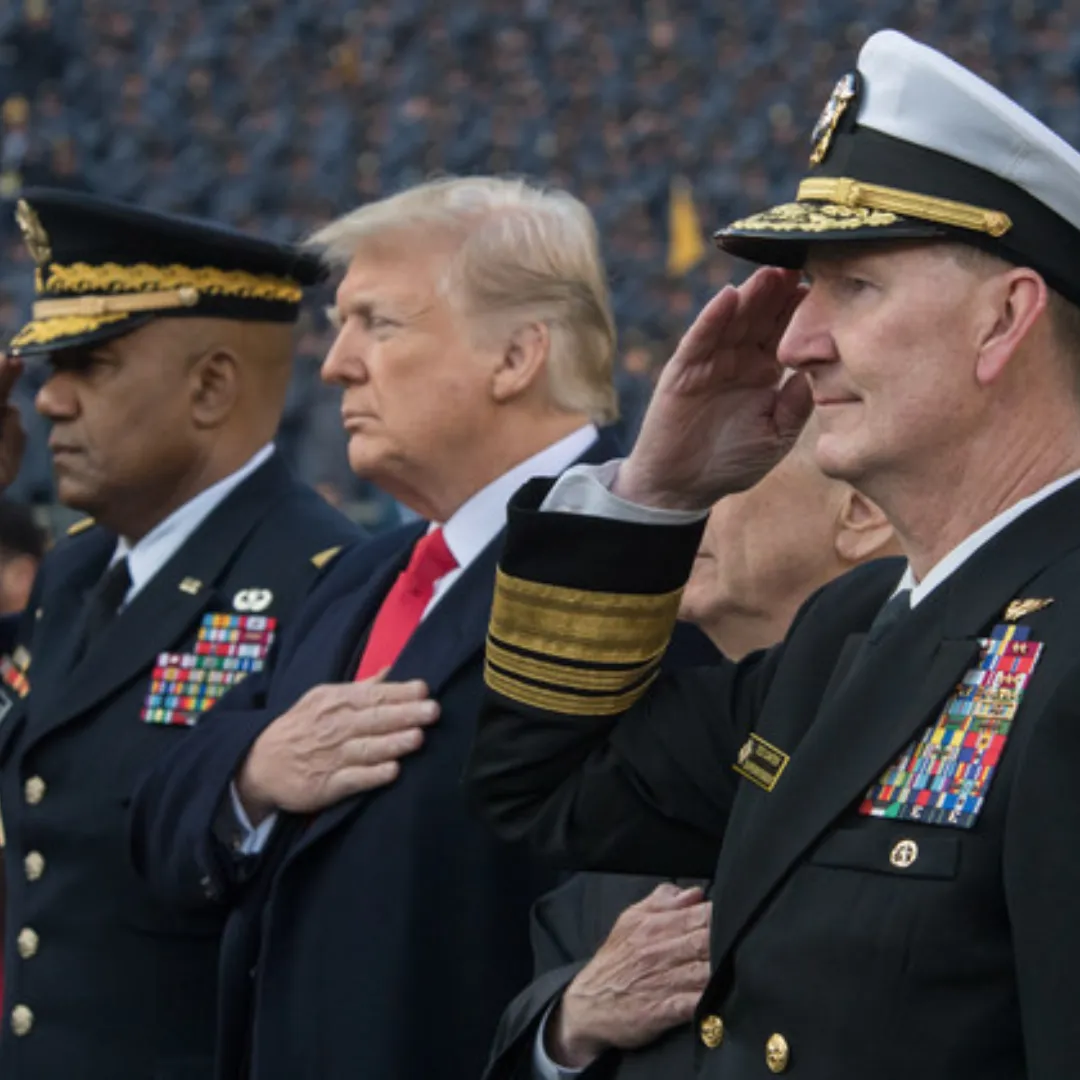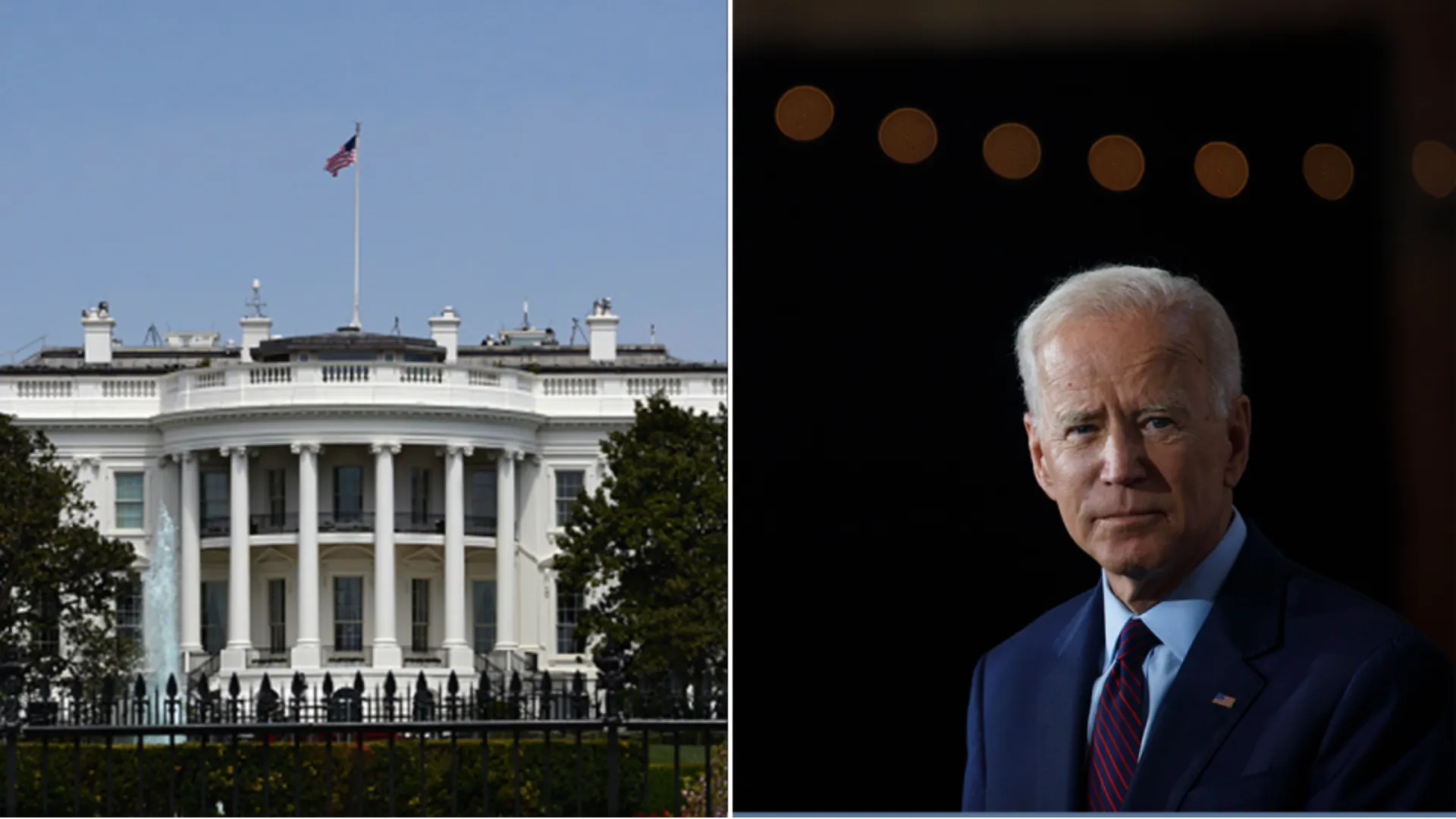
President-elect Donald Trump has nominated John Phelan, a private investment firm founder and major campaign donor, to serve as secretary of the Navy.
Phelan’s lack of military or defense-related leadership experience has raised concerns about his ability to address the Navy's pressing challenges effectively. While some defense experts believe the Navy could benefit from an outsider’s perspective, others worry that his inexperience might delay critical reforms.
Phelan, who founded Rugger Management LLC, has limited military exposure, mainly through his advisory role with Spirit of America, a non-profit organization supporting the defense of Ukraine and Taiwan.
If confirmed, he would be the first Navy secretary without prior military service since 2006. His nomination comes at a pivotal time when the Navy faces growing global commitments and increasing competition from China’s rapidly expanding naval forces.
Trump has long advocated for a stronger Navy, including a campaign promise to expand the fleet to 350 ships. Currently, the Navy has fewer than 300 battle force ships, and Trump’s earlier efforts to grow the fleet were stymied by shipbuilding challenges and congressional budget delays.

Experts say this makes the choice of Navy secretary critical, as the next leader must navigate bureaucratic hurdles and implement long-term plans to strengthen the fleet while contending with budget constraints.
“The Navy is stretched thin, with commitments in Europe, the Middle East, and the Pacific,” said Mark Cancian, senior adviser at the Center for Strategic and International Studies. “The next secretary will have to manage a shrinking fleet, expanded overseas obligations, and an uncertain budget environment.”
A key challenge is preparing the Navy for a potential conflict with China over Taiwan. The Marine Corps, for instance, has emphasized the need for 31 amphibious warships to maintain a global, close-to-shore presence.
However, frequent deployment extensions of aircraft carriers and destroyers to address security concerns in the Middle East have strained the Navy’s resources. These extensions disrupt maintenance schedules and create morale issues, leading to retention challenges among service members.
Phelan’s nomination signals Trump’s preference for leaders who share his outsider approach. Trump has made similar unconventional appointments, such as choosing SpaceX founder Elon Musk to co-lead a nongovernmental Department of Government Efficiency.
However, military experts caution that leadership of a service branch requires a deep understanding of its complex structures, cultures, and decision-making processes.

Stacie Pettyjohn, a senior fellow at the Center for a New American Security, highlighted these challenges. “Services are sprawling organizations with distinct cultures and bureaucratic interests,” she explained. “To implement change, a leader must understand this complex landscape.”
Budgetary concerns also loom large. Even with potential increases in defense spending, shipbuilding resources are likely to remain limited. “If the budget stays steady or decreases, the Navy’s fleet will continue to shrink,” Cancian warned.
While Trump’s support might help Phelan navigate some political challenges, experts argue his lack of Pentagon experience could slow progress.
“It might help that he has a personal relationship with the president,” Cancian said. “But his lack of experience in defense and the Pentagon will hurt the Navy. It will take him time to learn how to wield power effectively.”
Phelan’s confirmation process is expected to spark intense debate over whether his outsider status will bring much-needed reform or hinder the Navy at a critical juncture.



